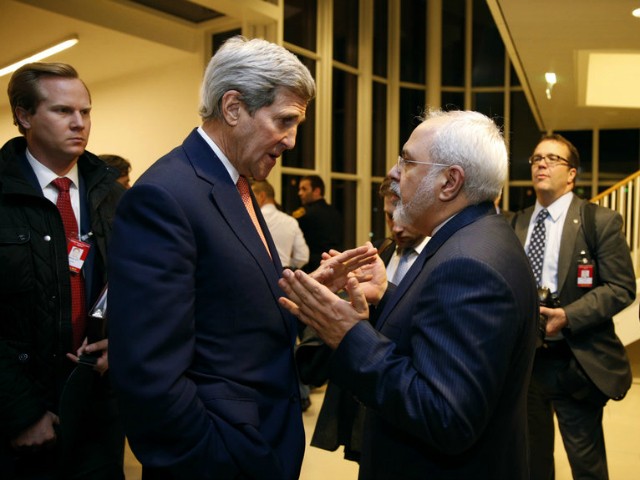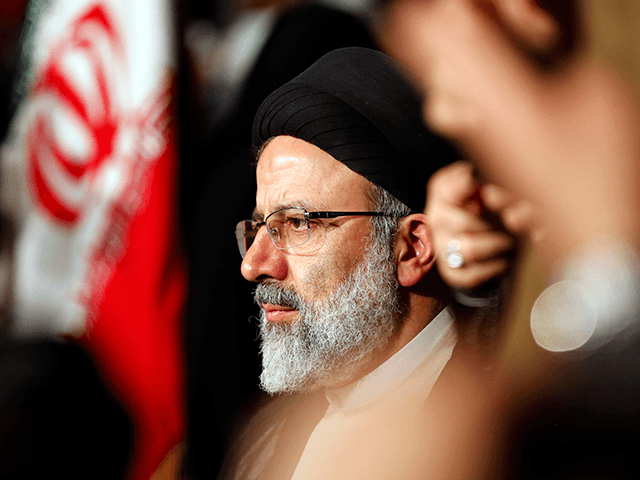Defiant Iranian President Ebrahim Raisi on Wednesday warned the U.S. and Europe not to take a “counterproductive approach” at the International Atomic Energy Agency (IAEA), or Iran will halt even the tiny amount of grudging cooperation it has been providing to nuclear weapons monitors.
“In the event of a counterproductive approach at the IAEA, it would not make sense to expect Iran to react constructively,” he added.
Counterproductive measures are naturally disruptive to the negotiation path also,” Raisi told European Council President Charles Michel in a telephone conversation, according to Iranian media accounts quoted by Reuters.
Raisi’s threatening bluster was a response to the IAEA telling member states in a report on Tuesday that Iran is dragging its heels, or flatly refusing to cooperate at all, on several key monitoring issues.
One of those issues is Iran’s refusal to explain why traces of uranium were found at two supposedly inactive and undeclared sites by IAEA inspectors in August and September 2020.
The IAEA announced these discoveries in February 2021 and considered formally reprimanding Tehran, but such action was blocked by the U.K., France, and Germany, which have been laboring to keep the Joint Comprehensive Plan of Action (JCPOA) nuclear deal alive despite numerous and persistent violations by Iran.

In this Jan. 16, 2016 file-pool photo, Secretary of State John Kerry talks with Iranian Foreign Minister Mohammad Javad Zarif in Vienna, after the International Atomic Energy Agency (IAEA) verified that Iran has met all conditions under the nuclear deal. (Kevin Lamarque/Pool via AP, File)
Iran has refused numerous demands for an explanation over the past six months, stating only that it has “nothing to hide.” Raisi evidently believes he can get the Europeans to back down again by threatening to cooperate even less if the IAEA pressures Iran.
In its latest update to member nations on Tuesday, the IAEA said Iran’s behavior has “seriously undermined’ monitoring efforts. In addition to the long-standing questions described above, the U.N. nuclear watchdog blasted Iran for suspending inspections in February and restricting access to certain monitoring equipment, ostensibly because the United States has not lifted sanctions imposed during the Trump administration.
The IAEA said some of the equipment Iran denied access to has been damaged or destroyed, and suggested many monitoring systems might no longer be “operational” after missing six months of routine service.
Iran has begun a construction project near a recently built road at its Natanz nuclear facility, a satellite image released on Monday showed. https://t.co/aIXmQ5v1FT
— Breitbart News (@BreitbartNews) October 28, 2020
U.S. Secretary of State Antony Blnken suggested on Wednesday that the Biden administration is growing exasperated with Iranian intransigence, despite having promised to reverse President Donald Trump’s decision to withdraw from the nuclear deal.
“I’m not going to put a date on it but we are getting closer to the point at which a strict return to compliance with the JCPOA does not reproduce the benefits that that agreement achieved,” Blinken remarked at a press conference in Germany with Foreign Minister Heiko Maas.
Maas said Iran has put off resuming JCPOA talks for “far too long,” but said he is still trying to get the Iranians to “return more swiftly to the negotiating table.”

COMMENTS
Please let us know if you're having issues with commenting.